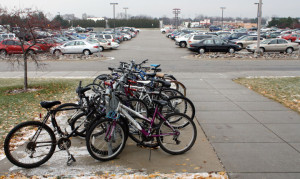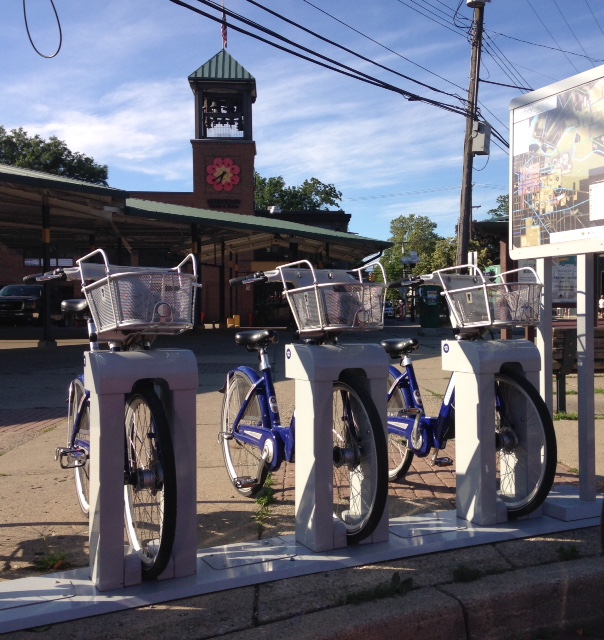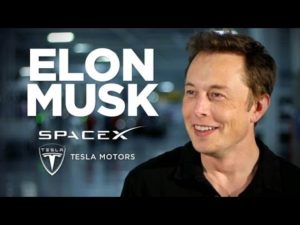 Summer is underway, and we’d like to hear from you. What is your transportation diet these days?
Summer is underway, and we’d like to hear from you. What is your transportation diet these days?
How would you describe your mix of personal transportation? Do you primarily drive, walk, or use public transportation? How often do you bike, use a skateboard or even get around by boat or plane?
Perhaps things change depending on your schedule. For instance, you drive in one or two days a week, and share a ride the rest of the time. Or, you’ll only drive if you have an early meeting. Let us know.
Knowing how you get around will help us frame our future coverage. We want to know whether our audience is relying on cars, buses, streetcars, their two feet, etc.
We’ll publish your responses and we’d love it if you’d include a photo of a video of your commute or leisure travel.
Please tell us your name (not a screen name, please) where you live, and if there are any roads you regularly take (for instance, Interstate 96, Milwaukee Avenue, Canal Street, and so on) or transportation systems that you regularly use, like the New York subway, the Boston T or rapid bus lines.
Send comments, photos and videos to curbingcars@gmail.com.
Thanks!





 Earlier this month, the Curbing Cars project returned to bring you original journalism about the future of transportation.
Earlier this month, the Curbing Cars project returned to bring you original journalism about the future of transportation.